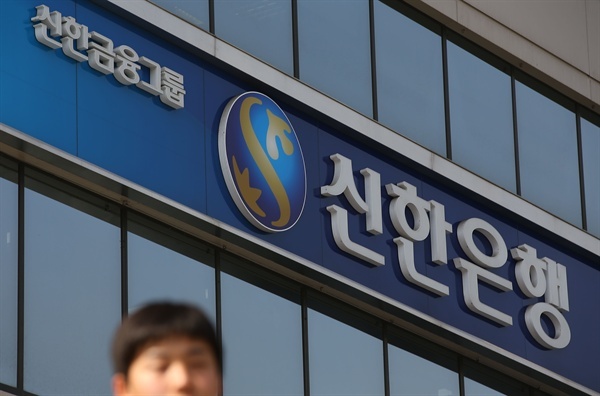With mounting anti-Japanese sentiment, financial institutions in South Korea, especially lenders, are closely monitoring how it could affect them, according to sources Wednesday.
Tokyo’s decision to tighten controls on exports of key materials needed for the Korean tech industry, coupled with mounting tensions over Japan’s wartime forced labor has fueled strong anti-Japanese sentiment here in recent weeks.

(Yonhap)
Of the four major commercial banks in Korea, Shinhan is known to have a strong presence in Japan. It established Shinhan Bank Japan in 2009, the first and only local FI to do so.
Its Japanese subsidiary currently operates 10 branches and four foreign currency exchange stores across major cities. Its performance was noteworthy last year, with a net profit of 64.9 billion won ($54.9 million), contributing to 20 percent of the bank’s earnings overseas.
“We are closely monitoring our operations in Japan,” an official from Shinhan Financial Group, the bank’s holding company told The Korea Herald on Wednesday.
“We also acknowledge the fact that Shinhan Bank was financed by Zainichi Koreans when it was first established, alongside the fact there are shareholders in Japan, but we do not believe that it would pose a problem,” the official said, requesting anonymity.
Zainichi Koreans, or ethnic Koreans who have gained permanent residency status after either willingly or unwillingly immigrating to Japan after the 1900s, have invested 25 billion won since Shinhan Bank’s launch in 1982.
There are other FIs besides Shinhan who share similar unease in terms of business ties.
Hana Financial Group, holding company of commercial lender KEB Hana Bank, recently expanded its business ties with Japan’s Sumitomo Mitsui Trust Holdings. The two have agreed to cooperate in jointly developing new digital businesses.
Amid growing concerns that Japanese FIs could pull out from Korea, Japan-based private moneylender Sanwa Money has reportedly stopped granting fresh loans for five months. This indicates it could possibly exit from the country, according to industry watchers.
Meanwhile, the value of outstanding loans extended by Japanese lenders to Korean companies stood at 24.7 trillion won in May, up 2.8 trillion won from two months earlier, according to the Financial Services Commission.
By Jung Min-kyung (mkjung@heraldcorp.com)






![[Graphic News] More Koreans say they plan long-distance trips this year](http://res.heraldm.com/phpwas/restmb_idxmake.php?idx=645&simg=/content/image/2024/04/17/20240417050828_0.gif&u=)